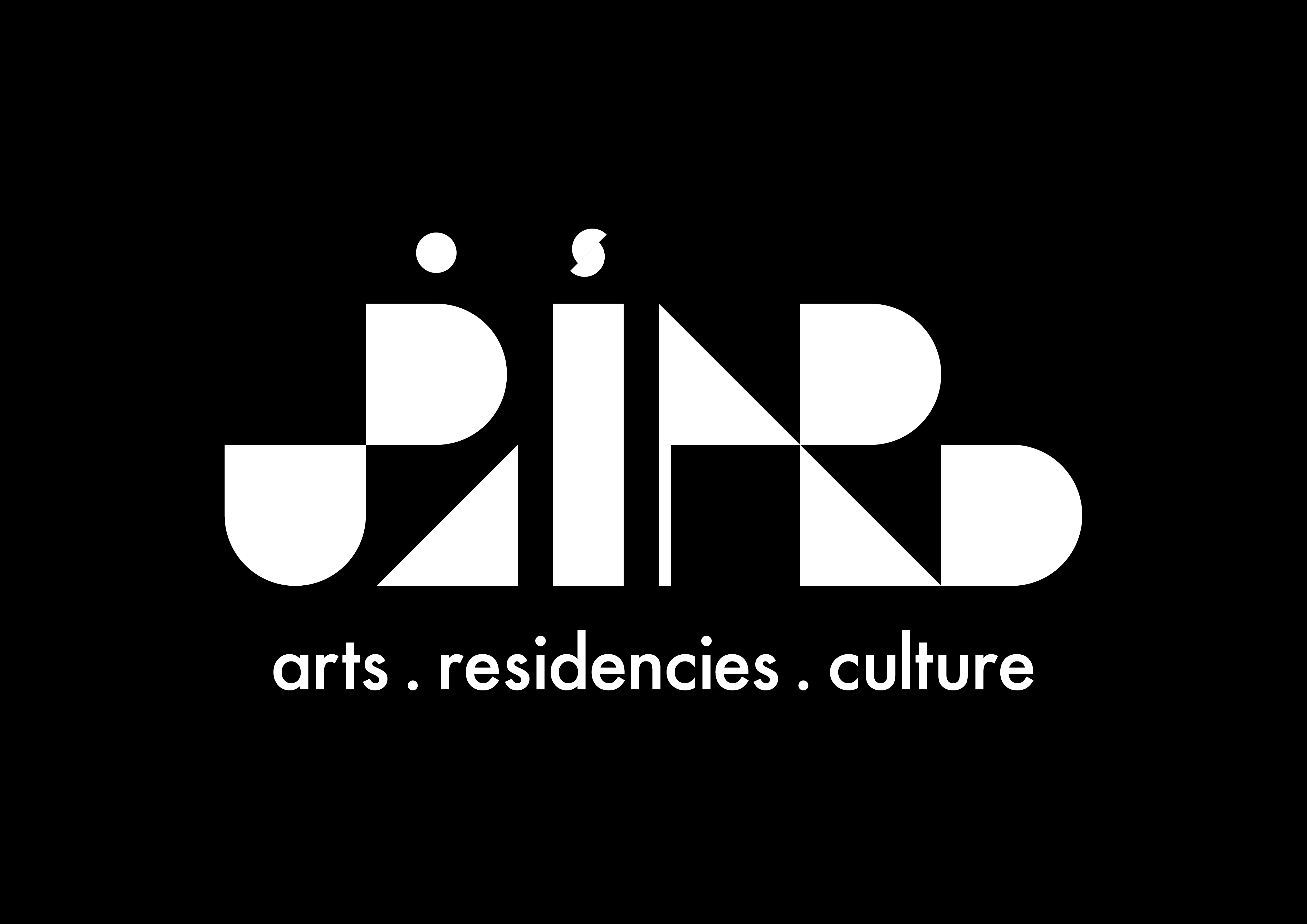Àsìkò Art School is a renowned itinerant art program dedicated to supporting and mentoring artists and curators from across the African continent. Through a unique residency format, Àsìkò fosters experiential learning, critical dialogue, and cross-disciplinary collaboration. Each year, the program takes place in a different country, offering participants new cultural and contextual experiences.
This year marks Àsìkò’s first time in an Arabic-speaking country, taking place in Cairo, Egypt from 27 April to 25 May, 2025, hosted by ARD Art Institution. The 2025 edition, held under the theme “Holding Memory”, brings together artists and curators for a month-long journey of research, exchange, and collective growth.











































































































































